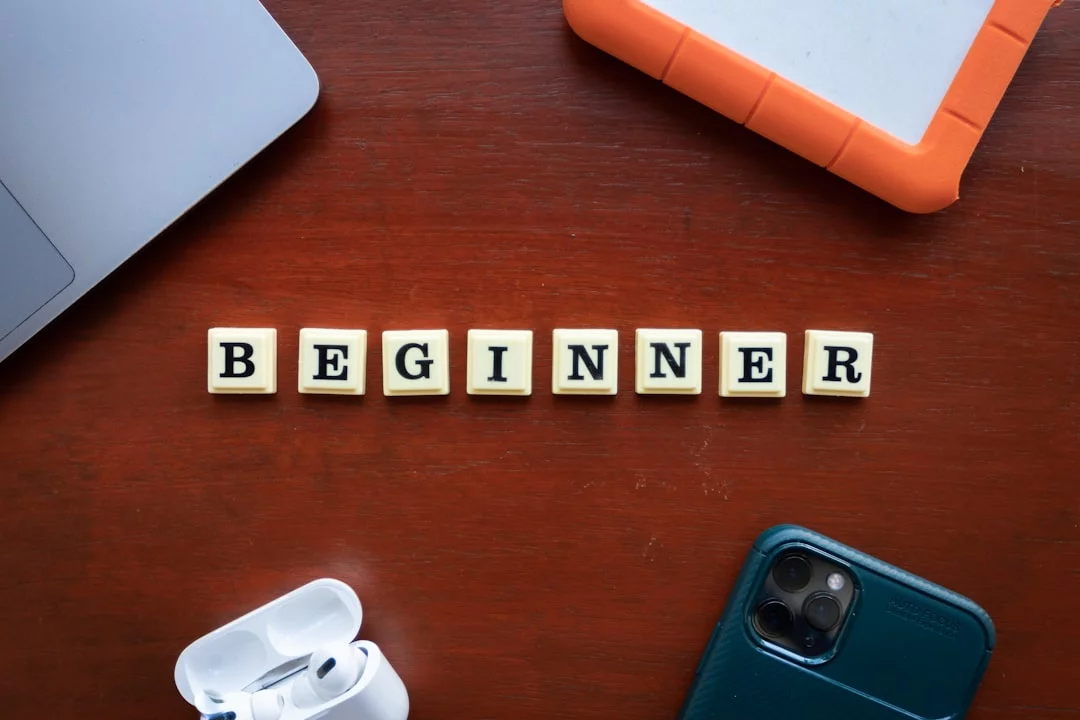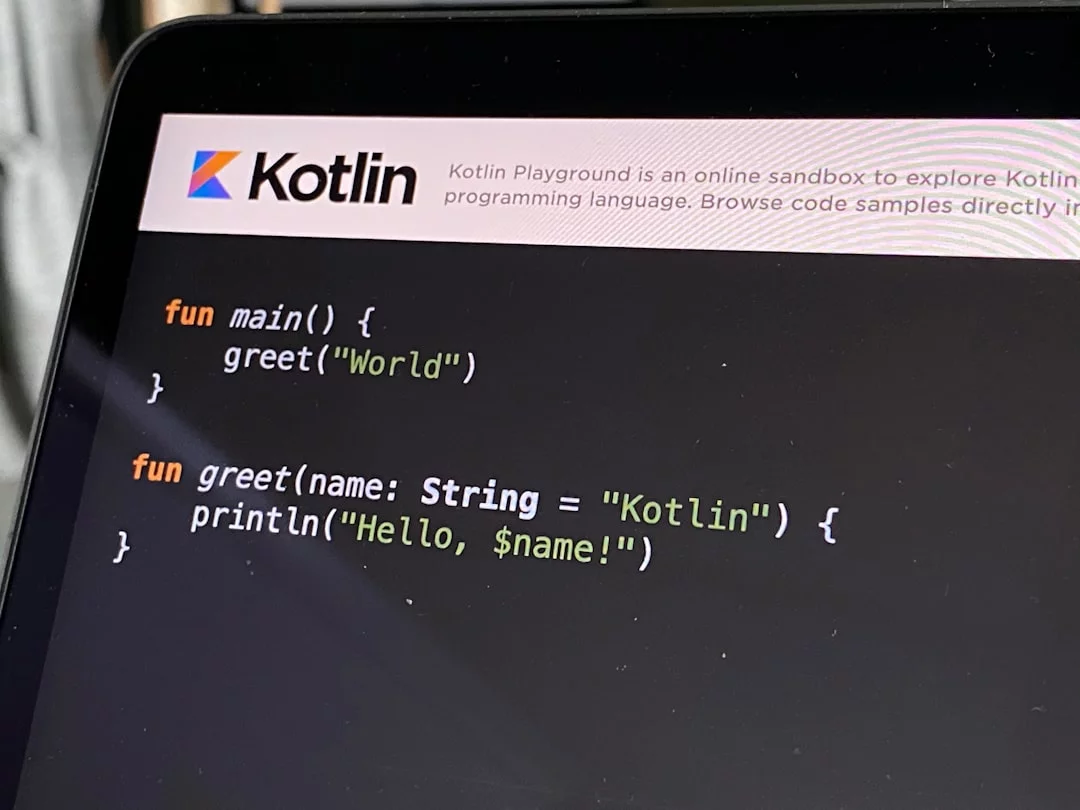Programming for Beginners: Your First Step Into Coding
The straightforward path into programming for beginners. Understand key ideas, discover useful tools, and learn all things that will enable you to start coding.
No need to feel overwhelmed or confused by beginner programming. It doesn’t matter if you’re a student switching careers or just interested in coding as a hobby. There are now lots of free programming resources online, including encouraging communities and friendly languages such as JavaScript and Python, which make entering the world of software development an easy task. The main thing is to have a good attitude toward things and actually do something; this article will help you figure out what those things are. We will identify key concepts while also offering advice designed to facilitate both the learning process and enjoyment thereof. Remember that when you are new at programming, it is all about improving rather than doing everything correctly right away!
The Beginner’s Guide to Programming
Why Programming for Beginners Is NOW Easier Than Ever
In today's world, there's a multitude of friendly platforms alongside clear tutorials and supportive online communities, all of which make taking those first steps into coding feel achievable for many more individuals. The programming languages themselves have changed, too, becoming more legible and welcoming to newcomers. Python is often recommended now as the first language someone should learn because its syntax is very straightforward (almost like English), plus there are loads of resources available for people wanting to know it.
JavaScript is also a great choice if you are interested in making websites, as it lets you do lots of things with web pages indeed! The support system around learning to code is bigger than ever, too; whether you love YouTube video guides, lively Discord chat communities, or detailed Reddit forums, you'll find thousands of other learners right there with you ready to help out and share what they've learned. Plus, there's no need for fancy, expensive gear to get going; just a decent computer and internet connection means you're good to start coding away. Online IDEs (Integrated Development Environments) such as Replit let you actually write your code and test it right inside your web browser; it's all very convenient. The hurdles to entry have dropped, and the enthusiasm for learning is higher than ever before.
Programming for Beginners - Core Concepts
Understanding the key concepts is very important. The following 7 paragraphs are the main pillars of every application. The basics! They look short, easy, and understandable, and so do the paragraphs and the concepts! Pay good attention. If you understand these concepts, you can pick a language or platform and try coding something today.
1) Variables and Data Types
Think of variables as small containers that your program can use to store vital information. Common types include integers (whole numbers), strings (text), booleans (yes/no values), and floating-point numbers (decimal values). Learning how to create a variable, give it a value, and change that value is something every beginner programmer needs to know.
2) Conditional Statements
Programs use conditional statements for decision-making. The if and else help your application decide what to do under various circumstances. For example, it might instruct someone using a weather application to carry an umbrella if there are rainy conditions or wish them a pleasant day otherwise.
3) Loops - Programming for Beginners
Loops handle tasks that need doing again and again. Whether it's printing out the numbers 1 to 10 or looking at every item in a shopping basket, loops stop you from writing code over & over. Most beginners learn about for loops first & then while loops.
4) Functions - Programming for Beginners
Functions are an intelligent method for arranging your code into reusable sections. Instead of copying and pasting the same lines over and over again, you can simply define a function once and then call it whenever you need it.
5) Arrays and Lists - Programming for Beginners
Think about needing to manage data collections: arrays/lists are perfect for this job. They provide storage/access methods for multiple values under one variable name, e.g., recording all pupils’ names in a class or items stocked within a shop.
6) Debugging - Programming for Beginners
There is no such thing as a perfect program right from its creation. Debugging entails identifying errors within your coding constructs and subsequently rectifying them. Learning to interpret error messages and using tools like print statements helps a lot!
7) Basic Syntax and Best Practices
If you want to program, you have to learn the syntax. It's like grammar for a language – but instead of speaking it, you write it! Good habits include using meaningful variable names, writing readable code, and leaving comments for clarity.
Selecting Your First Language and Tools!
If you're new to programming, you don't have to dive into difficult languages such as Java or C++ right away. Many beginners prefer simpler options because they are easier to understand and supported by great resources.
Python is still the go-to for people new to coding, partly because it can do so much, from building websites to data analysis or automation. New coders spend more time solving problems with code rather than wrestling with language rules.
JavaScript is great for creating websites and seeing your work live instantly. To do so, you’ll also need some HTML and CSS. Tools like Visual Studio Code make this easier with syntax highlighting and code completion.
PHP is another excellent choice for beginners, especially if you want to build dynamic websites and work with databases. PHP powers many popular platforms like WordPress, making it a practical option to learn if you are interested in web development. Its syntax is beginner-friendly, and there are thousands of tutorials and community resources that will help you get started quickly.
Absolute beginners can start with online environments like Replit or Trinket without worrying about setup. GitHub is also essential for storing and sharing your projects. Programming may seem scary at first, but with the right tools, it becomes fun and creative.
Programming for Beginners: Conclusion
Programming isn't just a special skill anymore. It’s accessible to all, no matter age, background, or job. You just need the right attitude and some language tools. Start with the core concepts, then try building small projects. And if you get stuck, don’t worry—there’s a huge online community ready to help.
It is important to keep learning through consistent effort and curiosity. Let writing your first line of code mark the start of an amazing journey. Learning programming isn’t just about getting a new skill; it opens up an entirely different way of thinking!








